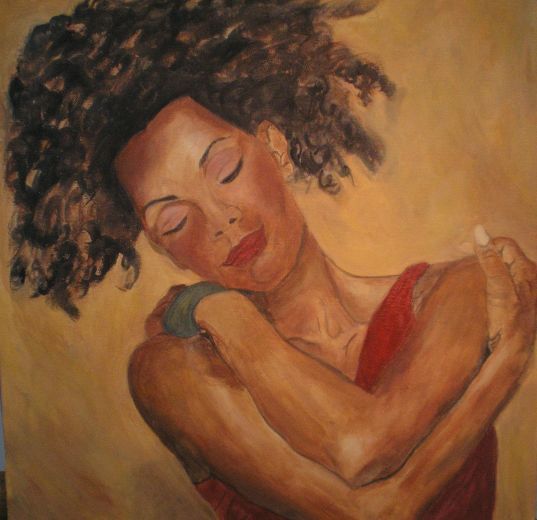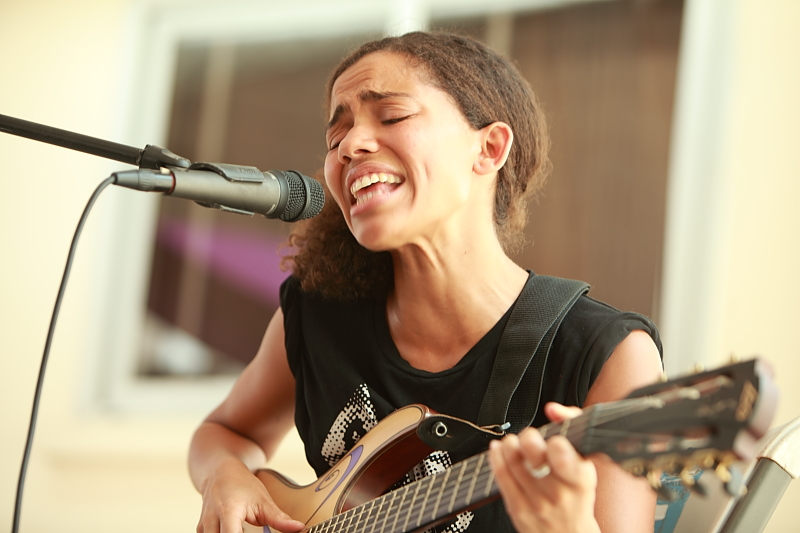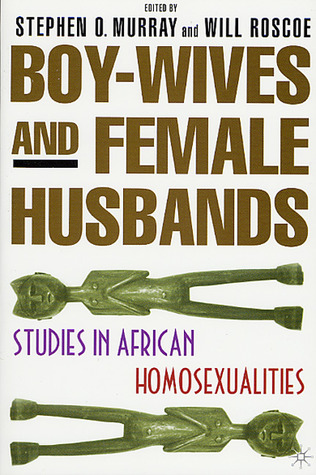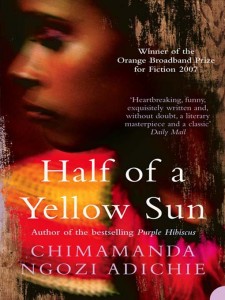For Lent, I'm trying something different this year; in place of denying myself physical pleasures, I'm ridding myself of ingratitude and negativity. I'll be sharing daily positive reflections and affirmations via my Facebook Page & Twitter Handle (@spectraspeaks), and invite you all to share yours as well. I plan to…
-
-
African Women’s Organization Partners with Nigerian Artist NNEKA to Promote Women’s Rights Through the Arts
On February 16th, 2012, Africa Women's Development Fund out-doored NNEKA (one of my favorite Nigerian artists) as their first Ambassador of the Arts. NNEKA was born in Warri, Oil City in the Delta region of Nigeria at the height of its new found wealth in the mid 70s. Her lyrics…
-
Africa, Make Up Your Mind: Kenya Expels Girls for “Lesbianism,” Permits Same Gender Marriage Between Older Women
Homosexuality may be outlawed in Kenya but there is a long tradition among some communities of women marrying each other. In recent news stories, twelve Kenyans girls are suspended for “lesbianism†while older women are allowed to marry, and even inherit property from their deceased spouses. This presents quite a…
-
Black History Month Rant: We Are Not All Black in the Same Way
Warning: This is a rant. AKA I'm pissed, and don't feel the need to explain myself further than this: I'm Nigerian. I'm African. I'm Black. They don't compete, they complement, which is why when I'm asked to silence one for the sake of the other, I don't. Deal with it.…
-
African Women in Film: New Screen Adaptation of Chimamanda Adichie’s Novel, Half of a Yellow Sun
Africa has had much of its history depicted through mainly male characters; the on-going plight of women and children during times of war has often been reduced to b-roll (i.e. supplemental or alternate footage intercut with the main shot) and action scenes portraying sexual violence for shock value. Hence, the…
Online rulet oyunları gerçek zamanlı oynanır ve online slot casino bu deneyimi canlı yayınlarla destekler.
Bahis sektöründe adından sıkça söz ettiren Bettilt kaliteyi ön planda tutuyor.
Adres engellerini aşmak isteyenler için pinco casino bağlantısı çözüm oluyor.




